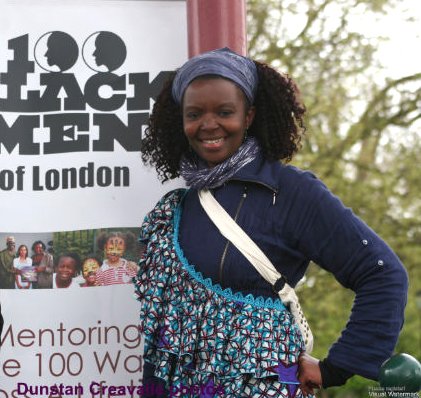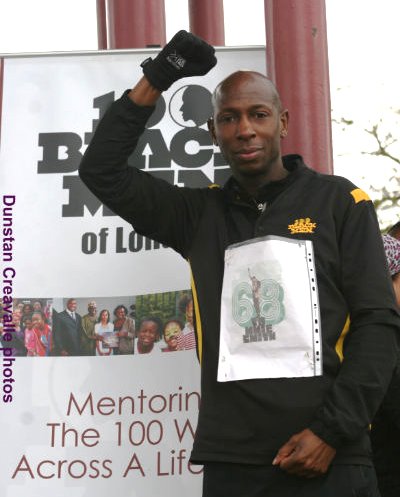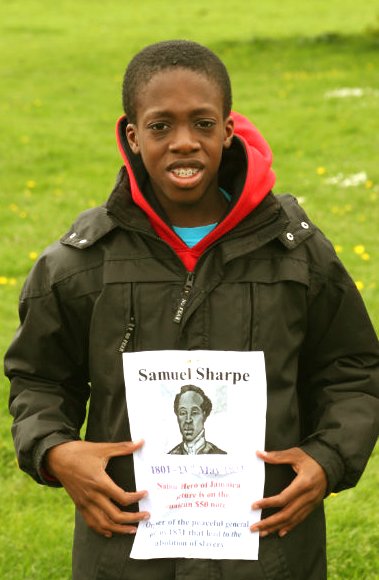- Home
- News & Blogs
- About Us
- What We Do
- Our Communities
- Info Centre
- Press
- Contact
- Archive 2019
- 2015 Elections: 11 new BME MP’s make history
- 70th Anniversary of the Partition of India
- Black Church Manifesto Questionnaire
- Brett Bailey: Exhibit B
- Briefing Paper: Ethnic Minorities in Politics and Public Life
- Civil Rights Leader Ratna Lachman dies
- ELLE Magazine: Young, Gifted, and Black
- External Jobs
- FeaturedVideo
- FeaturedVideo
- FeaturedVideo
- Gary Younge Book Sale
- George Osborne's budget increases racial disadvantage
- Goldsmiths Students' Union External Trustee
- International Commissioners condemn the appalling murder of Tyre Nichols
- Iqbal Wahhab OBE empowers Togo prisoners
- Job Vacancy: Head of Campaigns and Communications
- Media and Public Relations Officer for Jean Lambert MEP (full-time)
- Number 10 statement - race disparity unit
- Pathway to Success 2022
- Please donate £10 or more
- Rashan Charles had no Illegal Drugs
- Serena Williams: Black women should demand equal pay
- Thank you for your donation
- The Colour of Power 2021
- The Power of Poetry
- The UK election voter registration countdown begins now
- Volunteering roles at Community Alliance Lewisham (CAL)
The Black Heroes Walked

What do Rosa Parks, Angela Davis, Mary Seacole, Shaka Zulu, Malcolm X, Michelle Obama, Jay-Z (and others) all have in common? They marched through Clapham Common Park in a bid to raise awareness on health and wellbeing issues in the black community.
The Black Heroes Walk which was organised by 100 Black Men of London (100 BMoL), saw children as young as five walking alongside people as old as seventy. Grandmothers, mothers, daughters, grandfathers, fathers, sons and brothers and sisters all partook. Each person came dressed as a black hero of theirs and during the walk, shared with others about why they had chosen their black hero and what they knew about them.
 OBV spoke to 100 BMoL, Vice-President of Programmes, Desmond Zephyr about the event and the organisation. 100 BMoL part of the International syndicate of 100 Black Men which was founded in the United States. Although, they are called 100 Black Men they have female volunteers and stress, that women play an equally important role in the group. Men must be paid members, but women may join for free as volunteers. He highlighted there is no difference in treatment, issues or roles within the organisation.
OBV spoke to 100 BMoL, Vice-President of Programmes, Desmond Zephyr about the event and the organisation. 100 BMoL part of the International syndicate of 100 Black Men which was founded in the United States. Although, they are called 100 Black Men they have female volunteers and stress, that women play an equally important role in the group. Men must be paid members, but women may join for free as volunteers. He highlighted there is no difference in treatment, issues or roles within the organisation.
Zephyr told OBV that 100 BMoL has 4 areas in which it works – mentoring sessions for young people, economic development, education and health and well-being.
The main aim of 100 BMoL is neither to provide a quick fix for these problems nor to conventionally educate young people. It is to provide a platform for dialogue for young people about these issues and their motto is ‘education starts at home and does not finish at school’. They believe that there are important skills and knowledge, which schools cannot teach, but to know them is vitally important in developing life-skills for many young people.
Discussion as a form of education is a different approach from the chalk-board and text book education of schools. Instead of telling young people how to understand, you’re asking them what they understood. Through discussion you learn what is important to them, how they articulate it and how it affects them. For example- discussions on peer pressure are not only about the negative point of peer-pressure but also the positive points of it.
 On self-identity, many of the young people when asked where are you from? Will respond Jamaica. Where were you born? This country. Where were your parents born? Also, this country. So how are you Jamaican? The responses vary. Some were Jamaican through the transmission of material and culinary culture such as artefacts, clothes, food and other objects from Jamaica. For some it was the transmission through social culture such as music, films, literature, parents, friends and visiting Jamaica. 100BMoL believe that discussing these issues enable young people to reflect on their own identities which are useful for helping to develop self-awareness.
On self-identity, many of the young people when asked where are you from? Will respond Jamaica. Where were you born? This country. Where were your parents born? Also, this country. So how are you Jamaican? The responses vary. Some were Jamaican through the transmission of material and culinary culture such as artefacts, clothes, food and other objects from Jamaica. For some it was the transmission through social culture such as music, films, literature, parents, friends and visiting Jamaica. 100BMoL believe that discussing these issues enable young people to reflect on their own identities which are useful for helping to develop self-awareness.
The walk helped provide platforms for inter-generational dialogue which 100 BMoL encourages. During mentoring sessions, they invite young people to bring grandparents in to discuss similar issues but from their grandparent’s perspectives, as well as the grandparents learning about the youth perspective.
Talking and listening are essential developmental skills- but more importantly, activities such as the walk are designed to create a community spirit. And dialogue is a stepping stone towards the creation of a community, a community that offer support, a community that help one another out and a community that shares it hopes and aspiration with you.
Photos by Dunston Creavalle
Usman Butt
